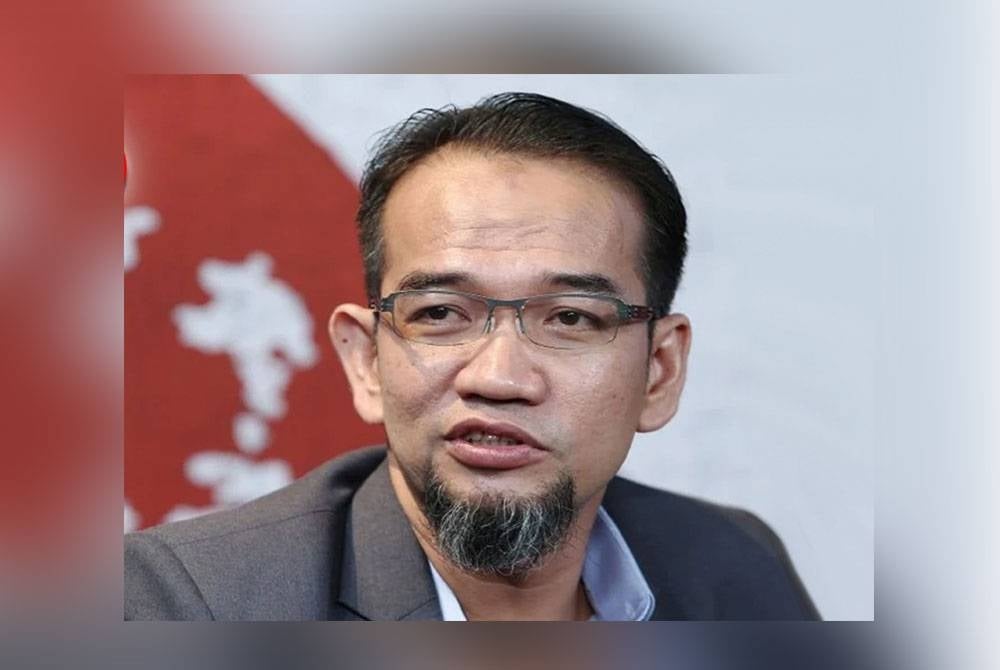'Nothing wrong with political appointments if they are qualified'

SHAH ALAM - The public must be more open towards the appointments of politicians in government linked companies (GLCs) especially when they have the expertise to lead the agency.
Universiti Utara Malaysia (UUM) Professors Council Head of Cluster, Governance and Integrity Professor Dr Ahmad Martadha Mohamed said if a political appointment was made based on professional credentials, it should not be an issue.
“Firstly we must refer to Prime Minister Datuk Seri Anwar Ibrahim’s statement that stressed if the appointment is of someone with expertise it should be allowed.
“Datuk Ahmad Jazlan Yaakub has been reappointed as Felcra chairman as he has background in accountancy and could help improve the organisation with his expertise.
“The same goes to the appointment of Umno Youth chief Datuk Dr Asyraf Wajdi Dusuki as Amanah Rakyat Council (Mara) chairman with his background as a local university lecturer along with a degree in economics.
“Surely he has the appropriate knowledge to help Mara make more professional decisions,” he told Sinar Premium.
He was commenting on the criticisms made by certain parties that it was not in line with the unity government’s decision opposing political appointments in its administration agenda.
Besides Jazlan and Asyraf, former Tourism, Arts and Culture deputy minister who is PKR's Balik Pulau MP Bakhtiar Wan Chik was appointed as the MyCreative Ventures Sdn Bhd chairman.
Martadha said the political appointment of any individuals with certain expertise was the right thing to do as they could contribute their expertise greatly to the agency they represented and the country.
“We saw the positive effects in appointing Datuk Seri Dr Awang Adek Hussin who was a politician with professional experience as former Bank Negara Malaysia (BNM) assistant governor.
“Great individuals like him should be appointed as the Securities Commission Malaysia (SC) executive chairman as it suited his expertise in the model and Islamic financial market,” he said.
Although the political appointment culture continued to exist, Martadha who was also UUM (Student Affairs and Alumni) Deputy Vice Chancellor said he was of the view that it has decreased due to the public’s sensitivity.
“Majority of the individuals previously appointed were politicians even though they lacked the expertise in a particular field.
“I think political appointments are not wrong if they could truly contribute and help the country,” he said.
Meanwhile, security and political analyst Dr Noor Nirwandy Mat Noordin said the definition of political appointment must be openly valued and refined from several perspectives as it will provide the wrong impression.

“In terms of appointments to relevant agencies, the minister is able to see competent leaders who should be appointed for a particular portfolio.
“Afterwards they can be assessed on performance indicators so the public could see their main contributions towards related agencies after 100 days, six months and one year of governing,” he said.
Nirwandy said he was of the view that when the public was too quick to define all appointments as political appointments it placed a limitation towards defining what constituted a political and non-political appointment.
“We must provide space to translate the appointment based on performance after it has happened and it must be revealed to the public to prove their authority through their contributions towards the public.
“If we judge too fast as a political appointment our thoughts will be limited even if there are individuals qualified and capable of providing success to the agency,” he said.










